We are pleased to invite all researchers, young scholars, delegates, experts and students from all over the world to attend the International Experts Summit on Food Science and Technology (IESFT2023) will be held in Tokyo, Japan, during September 04-06, 2023.
IESFT2023 provides a platform of international standards where you can discuss and share knowledge on Food Science and Technology to bring a unique forum for exchanging the information regarding the latest developments, finding solutions and enriching the knowledge. In addition to Presentations, Workshops, and Discussions, the conference also offers a unique venue for renewing professional relationships, and providing plenty of networking opportunities during the summit.
We’re looking forward to Meghaz meetings with researchers from different countries around the globe for sharing innovative and great results in Food Science and Technology.
Abstract Submission Deadline28 Jul, 2023
Earlybird Registration Deadline05 Feb, 2023
Standard Registration Deadline27 Jul, 2023
Onspot Registration04 Sep, 2023
Food Science and Technology
Food Chemistry
Food Chemistry
Nutrition in Clinical Practice
Nutrition in Clinical Practice
Environmental Nutrition
Food and Nutritional Toxicology
Pediatric Nutrition
Food Microbiology
3D Food Printing
Antibodies in Food
Current Trends in Food Engineering
Plant Nutrition and Health
Food safety, Security and Sustainability
Food and Public Health Nutrition
Food Cancer
Nutritional Deficiency and Disorders
Food for Improving Immunity
Obesity, Diabetes and Endocrinology
COVID-19 Food Security Challenges
Current Trends in Food Engineering
Advanced Research in Food Science
Food Nanotechnology
Food Quality-Control and Quality Assurance
Food Toxicology
Food Biotechnology
Food Science in Agriculture Science
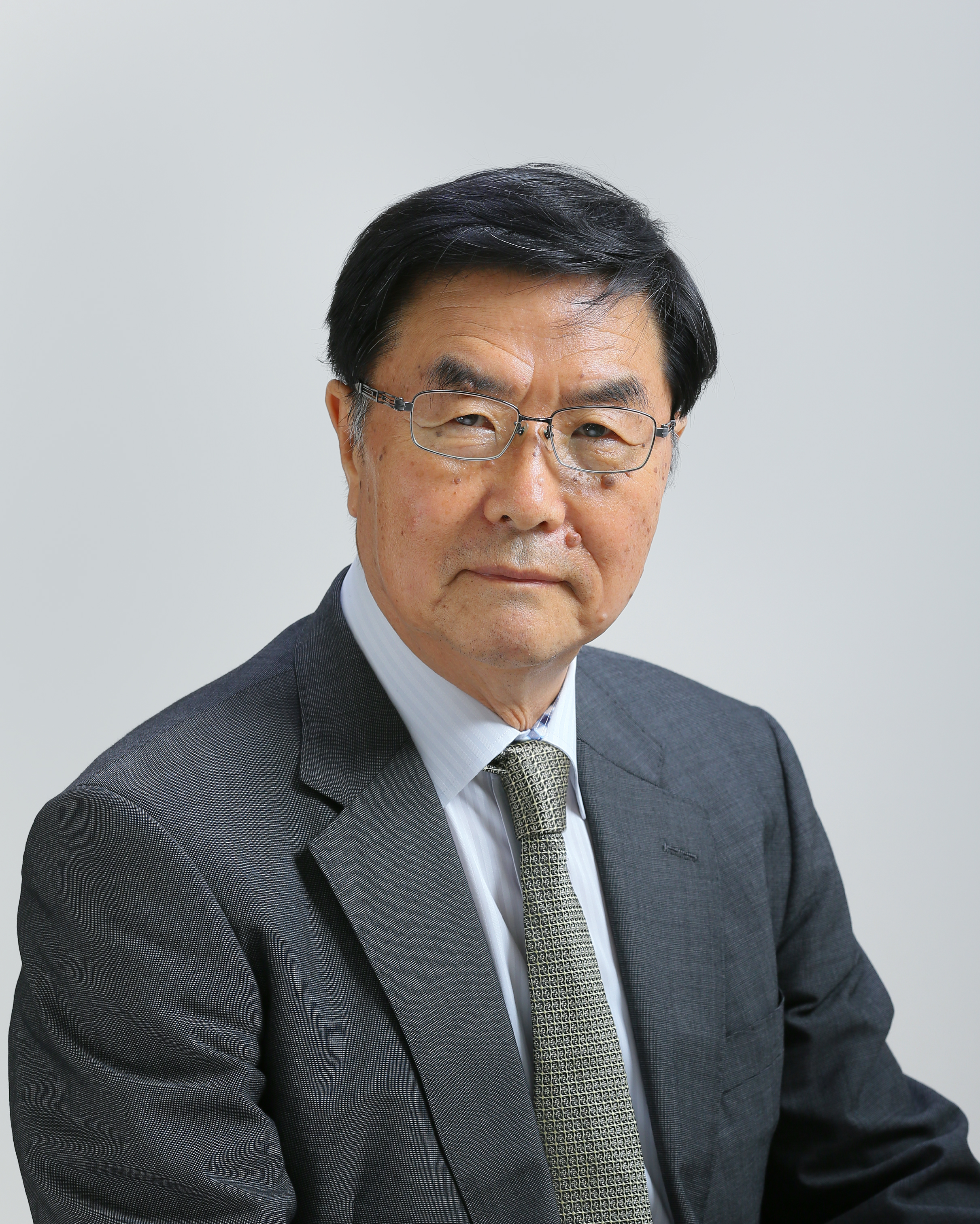
Kobe University
Japan
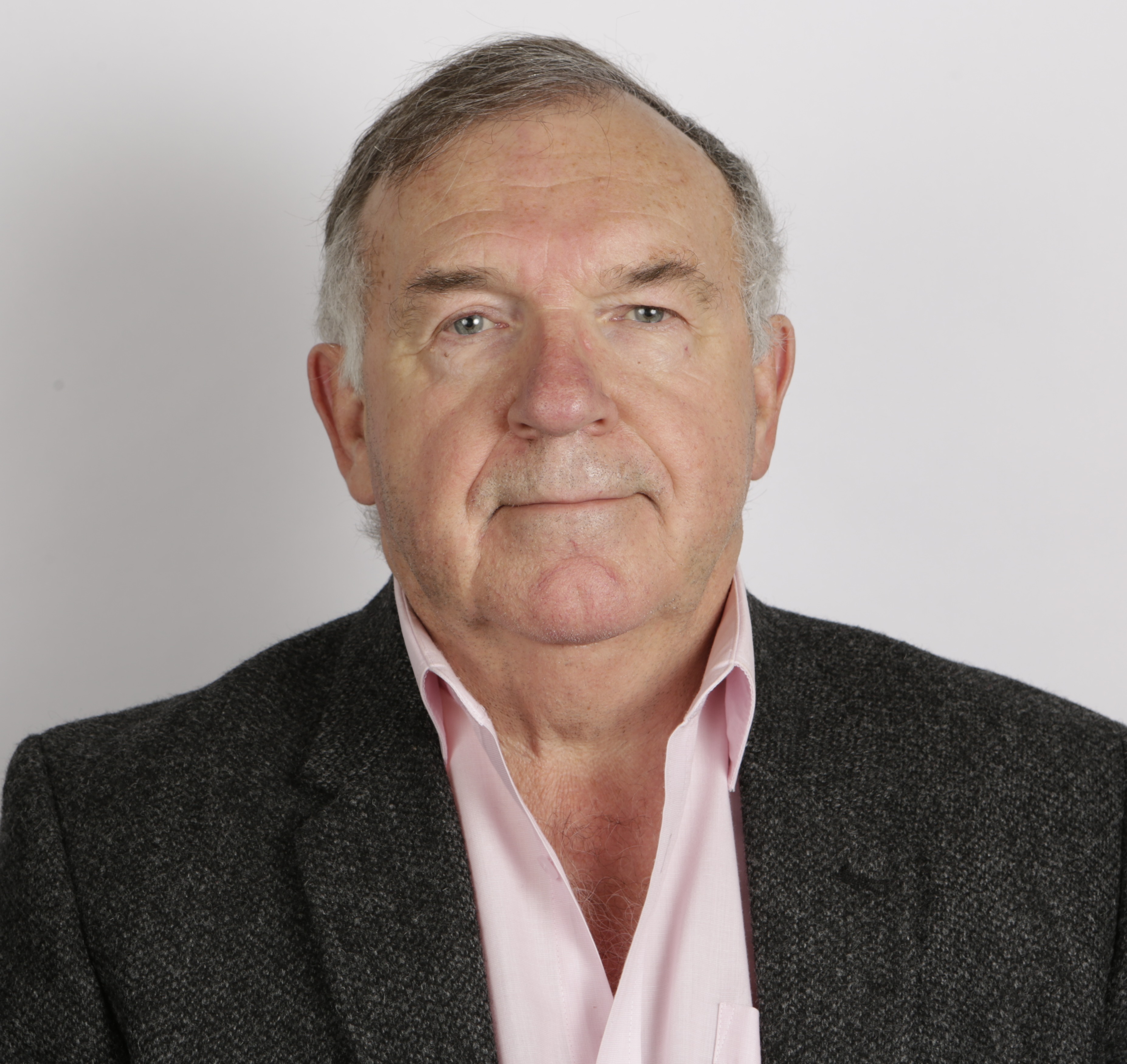
International Society of Digital Medicine, UK
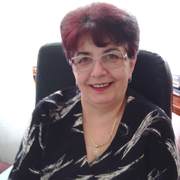
Dunarea de Jos University of Galati, Romania

Universiti Putra Malaysia
Malaysia
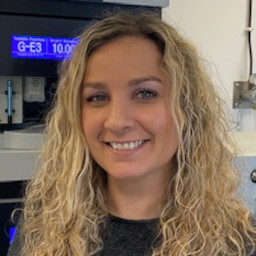
Polytechnic Institute of Braganca, Portugal
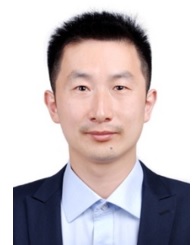
University of Vigo
Spain
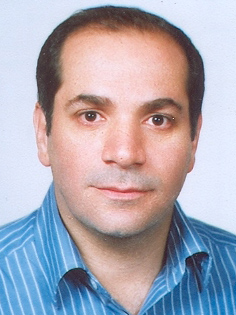
University of Tehran
Iran
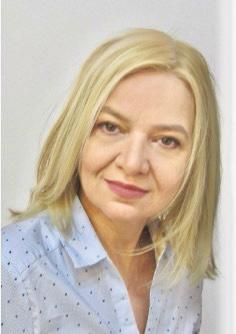
University of Life Sciences "King Michael I" Romania
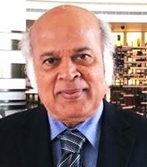
Indian Institute of Naturopathy
UK
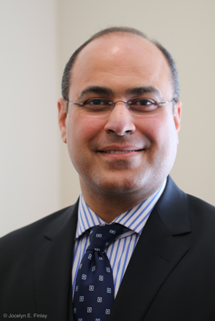
University of Westminster
England
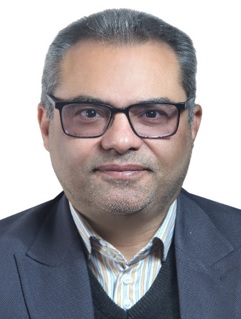
University of Kashan
Iran

Matrouh University
Egypt

Embrapa Instrumentation Researcher
Brazil

National Institute of Agricultural and Veterinary Research, Portugal
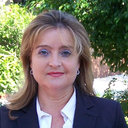
Miguel Hernandez University
Spain

University of Crete
Greece
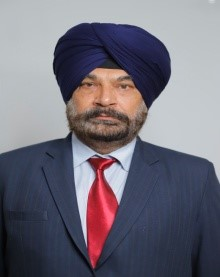
Guru Nanak Dev University
India
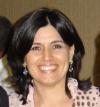
Embrapa Instrumentation Researcher, Brazil

University of Molise, Italy
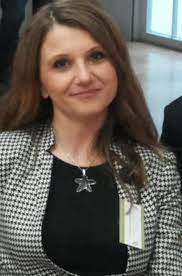
Wroclaw University
Poland

University of Sfax
Tunisia

Pachhunga University College
India
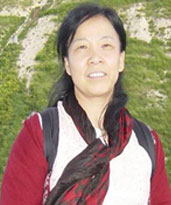
The Grassroots Institute
China

Poznan University
Poland
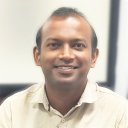
National Institute of Food Technology, India
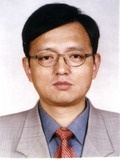
Northwest Institute of Plateau Biology, China

Northwest Institute of Plateau Biology, China
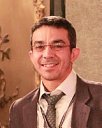
University of Maine
France
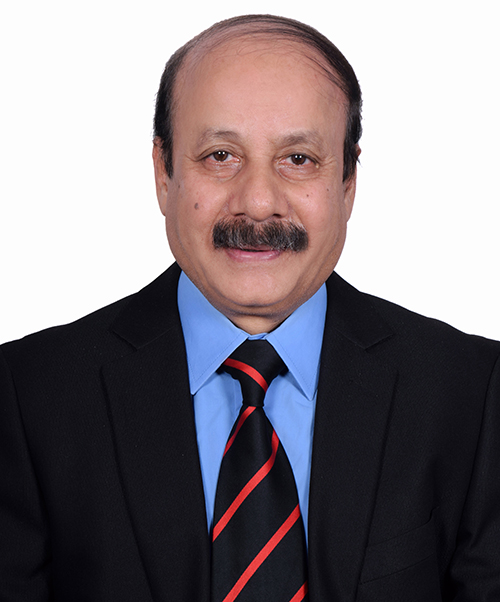
ephrology of Kidney Foundation Hospital, Bangladesh

Federal University of Santa Catarina
Brazil
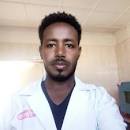
Addis Ababa University
Ethiopia

Guangdong Society of Plant Protection, China

University of Carthage
Tunisia

AGH University
Poland
Tokyo is Japan's capital and the world's most populous metropolis. It is also one of Japan's 47 prefectures, consisting of 23 central city wards and multiple cities, towns and villages west of the city center. The Izu and Ogasawara Islands are also part of Tokyo.
Prior to 1868, Tokyo was known as Edo. A small castle town in the 16th century, Edo became Japan's political center in 1603 when Tokugawa Ieyasu established his feudal government there. A few decades later, Edo had grown into one of the world's most populous cities. With the Meiji Restoration of 1868, the emperor and capital moved from Kyoto to Edo, which was renamed Tokyo ("Eastern Capital"). Large parts of Tokyo were destroyed in the Great Kanto Earthquake of 1923 and in the air raids of 1945.
Today, Tokyo offers a seemingly unlimited choice of shopping, entertainment, culture and dining to its visitors. The city's history can be appreciated in districts such as Asakusa and in many excellent museums, historic temples and gardens. Contrary to common perception, Tokyo also offers a number of attractive green spaces in the city center and within relatively short train rides at its outskirts.